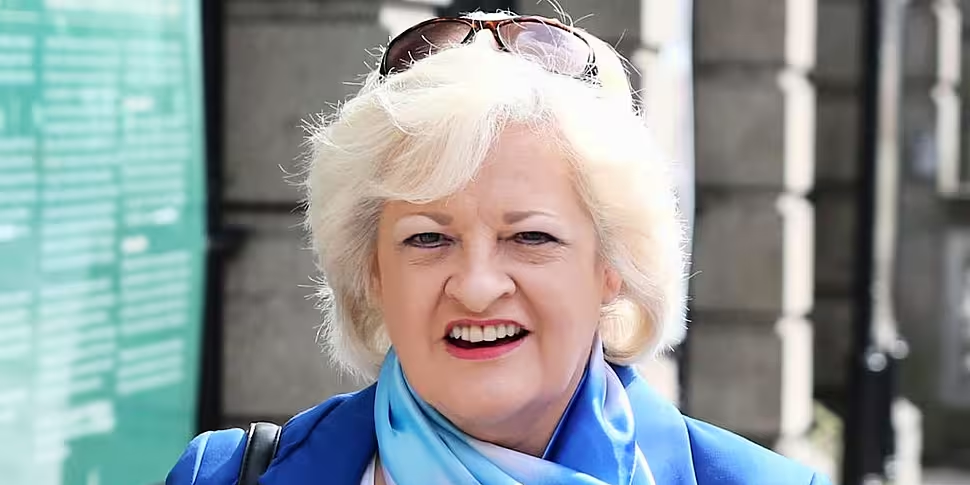The future of the Low Pay Commission is in the hands of the Government, according to the Irish Congress of Trade Unions.
Union representatives walked away from the body, established by the Government to examine the minimum wage each year.
ICTU General Secretary Patricia King told Newstalk unions went into the talks expecting at least a 2% increase in the minimum wage.
She said she had to walk away when it became clear employers were not willing to meet the target.
“Our bottom line was that we could have no less than the 2% increase which has been agreed throughout other economic sectors and from our point of view we were saying that should be the bottom line in terms of any increase,” she said.
“Unfortunately, our colleagues on the commission couldn’t go any further than 1% and we couldn’t agree that so we withdrew.”
Minimum Wage
The minimum wage currently sits at €10.10 per hour and the 2% bottom line would equate to an increase or around 20c per hour.
Ms King said it is not a lot to ask for.
“We argued that you are talking here about a lot of people who were identified during the pandemic as essential workers,” she said.
“People who work in parts of the essential retail sector, health and social care, the private sector side of it, and Some others related to the meat industry.
“These are people we applauded during the pandemic, people I would regard as underpaid and undervalued and, from our point of view, we had to say we cannot agree an increase that is less than is applicable in other sectors.
“That was our bottom line at the discussions and at the negotiations.”
COVID-19
Ms King said employers cited the COVID-19 pandemic in arguing for a 1% increase.
“Obviously arguments came in terms of pandemic fallout, economic fallout, job losses and so on but our point on that is that the very lowest paid workers in the economy should not be required to pay for that,” she said.
“There is no evidence actually that an increase in the minimum wage would cause job losses. There have been a number of studies on that over the last five years and there is no evidence to suggest that is the case.
“There is an issue of equity here. How can you tell a minimum wage worker that their increase will be 1% when other workers across the economy would receive 2%? There is no rationale for that and we were not prepared to do that.”
She said the ultimate decision on the minimum wage lies with the Minister for Social Protection Heather Humphreys and warned that the future of the commission is now in her hands.
Reporting from Kacey O'Riordan









